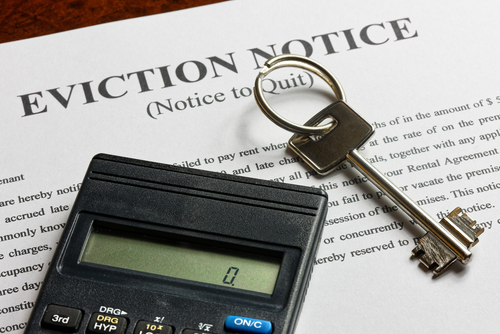Can Landlords Evict Tenants in Maryland?
If you’re not a landlord or you’ve never lived in a rental property before, perhaps you don’t know what an eviction is. An eviction is the removal process of a tenant from a rental property. Evictions are legal processes filed by landlords and can occur for various reasons. So now you may be wondering—how can landlords evict tenants?
Evictions can happen for several reasons. First, however, the landlord must have legal cause for removing the tenant. The most common reason for removal is failure to pay rent, but other reasons may include harm to the property or others who reside there. If you’re curious about the current eviction laws in Baltimore County, keep reading while we go over everything you need to know.
What are the Current Eviction Laws?
Due to the Covid-19 pandemic, Congress had temporarily prohibited evictions through the Coronavirus Aid, Relief, and Economic Security (CARES) Act. Initially, the eviction ban was set to last 120 days, ending on July 24th, 2020. However, the CDC extended it multiple times until it ended on August 26th, 2021.
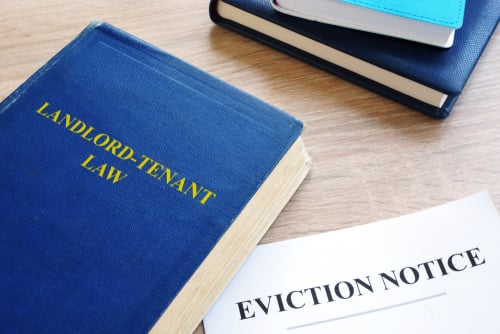
Evictions may occur again in Maryland and may transpire for various reasons. Governor Larry Hogan’s Executive Order expired on August 15th, 2021, and the CDC lifted the Eviction Moratorium on August 26th. As a result, Maryland courts have started holding hearings on eviction cases.
That said, you may be left wondering why tenants sometimes get evicted. If you’re unfamiliar with tenant and landlord laws, keep reading while we go over the most common reasons for evictions.
What Can Landlords Evict Tenants For in Baltimore County?
The most common legal reason for eviction is non-payment of rent in most places. However, other reasons may be the cause for tenant removal as well. Other common justifications for evictions include the following:
- Failure to Pay Rent
- Refusing to Leave the Property
- Lease Violations
- Wrongful Detainer
Failure to Pay Rent
Rental businesses rely on tenants’ monthly rental payments for revenue. That said, if tenants don’t pay rent on time, landlords are losing out on profits. So, if a tenant fails to pay rent in full, landlords can start the eviction process if they see fit.
If it’s the first time a tenant misses a rental payment, try reaching out to them first. They may have a reasonable explanation for a late installment. Unless it’s a common occurrence, landlords can give tenants a little slack for one late rental payment. However, if it starts happening regularly, it’s time to think about eviction.
Refusing to Leave the Property
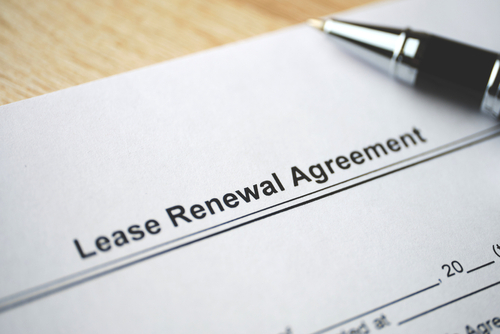
If tenants refuse to leave after their lease is up, it’s often referred to as “holding over.” Unless a tenant signs a renewal policy, they must leave the property once the lease term is up. Holding over can be an extreme inconvenience for landlords, especially if they want to prepare the property for new tenants.
In this case, a landlord should file for eviction and get their rental property back. After all, to keep a rental business going, you must have tenants willing to pay in full each month.
Lease Violations
Lease violations may include several scenarios. First, since each contract is different, it depends upon the terms of each lease signed by the landlord and tenant. Although each person who signed the agreement must stick to the terms and conditions, sometimes tenants do not.
So, what lease violations can landlords evict tenants for?
- Damaging any property that belongs to the landlord
- Bringing pets into a pet-free rental home
- Repeatedly receiving noise complaints from neighbors
- Allowing others that aren’t on the lease to live on the property
Since each lease may differ, there are other reasons why landlords may evict tenants. For example, smoking indoors or running a business inside the rental home may be major lease violations.
Wrongful Detainer
It’s known as a wrongful detainer when someone lives on the property but is not listed on the lease. In this situation, the person does not have a relationship with the landlord and should not be living in the rental home.
Whether it’s a friend, family member, or a significant other, they must be listed on the lease to reside in the property. If you are a landlord and a wrongful occupant refuses to leave the property, it may be wise to start the eviction process.
What is the Eviction Process in Maryland?
In each state, the eviction process differs. However, there are steps that every landlord has to take to successfully evict a tenant who’s violated their lease. So, what should landlords do to evict a tenant in Maryland?
- Try Working Out Issues First
- Notify the Tenant of Violations
- File a Complaint With the District Court
- Attend the Eviction Trial
- Seek an Order of Possession
Try Working Out Issues First
In order to have a good relationship between landlords and tenants, it’s important to communicate worries or concerns whenever possible. For example, if you come across a lease violation from an otherwise respectful tenant, try talking with them about it first.
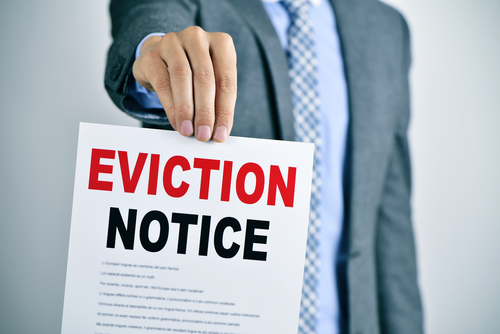
Notify the Tenant of Violations
If you decide it’s time to pursue an eviction, you must notify the tenant of which lease terms they’ve violated. This step gives the tenant time to correct the violation or leave the property. Landlords should present this violation notice in person or by leaving a note on the rental property door.
File a Complaint With the District Court
If the tenant chooses not to correct the violation, landlords should proceed by taking them to court. This process includes filing a formal complaint with the district court. Once the complaint is filed, the court will review it and any other evidence presented.
Attend the Eviction Trial
Once the complaint is processed, a court date is set that both the tenant and landlord must attend. For the trial, landlords will want to bring all evidence of why they would like to evict the tenant. That said, the tenant should present any evidence they have along with their case as well. Once the judge has heard both sides, they will decide who wins the case. If the judge rules in favor of the landlord, the tenant must vacate the property immediately.
Seek an Order of Possession
Even after a court order, some stubborn tenants refuse to leave. In that case, there is one final step a landlord should take, which is seeking an order of possession. With this document, landlords can turn it over to a sheriff to remove the tenant and their possessions from the property. That said, landlords should never attempt to remove tenants themselves as it’s potentially dangerous and illegal.
How Have COVID-19 Policies Affected Evictions in Maryland?
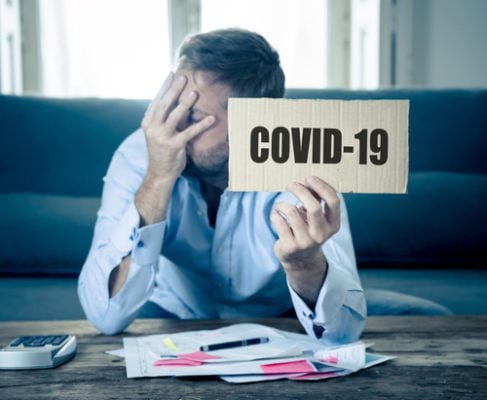
The pandemic has posed many changes with eviction laws, and as a result, it’s been a confusing journey for landlords and tenants. For example, during the height of the pandemic, landlords were essentially unable to evict tenants for nonpayment of rent. This created issues between landlords and tenants since some landlords rely on monthly rental payments for income.
Luckily, as of April 26th, 2021, Maryland courts moved to Phase V of the reopening plan. This change allowed Maryland courts to continue hearing eviction cases. Similarly, eviction cases that were pending at the time have since been continued.
Need Help Managing Your Rental Property?
Evictions are incredibly stressful for both landlords and tenants. After all, the eviction process takes around 2 to 6 months on average to complete, which can leave landlords in tough financial positions.
That said, managing one or more rental properties can quickly become an unwanted full-time job for some investors. So if you find yourself struggling to keep up with all the day-to-day tasks of running a rental business, it may be time to hire management services.
If you are a rental investor in Maryland and need help managing your rental property, the professionals at Bay Property Management Group can help you today. Offering services such as tenant screening, rent collection, eviction filing help, and maintenance, our dedicated team is here to help your rental business succeed.

